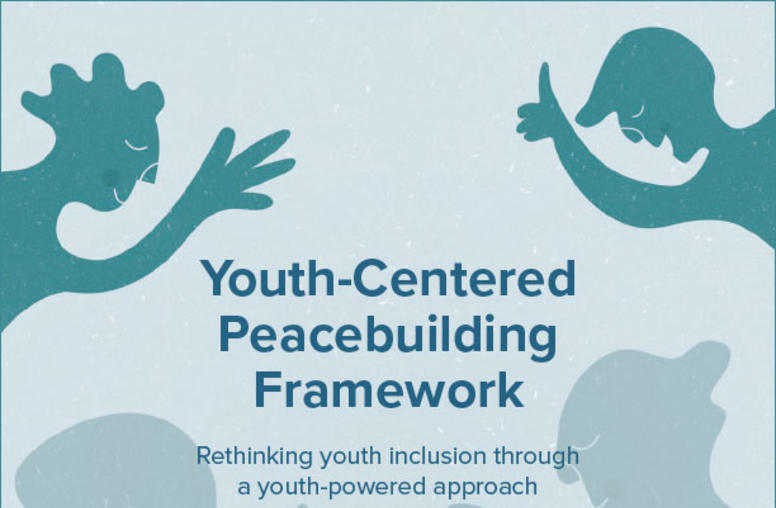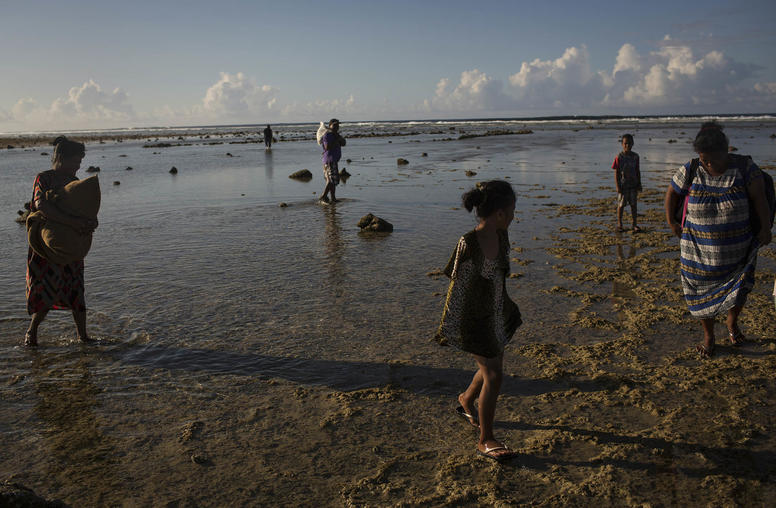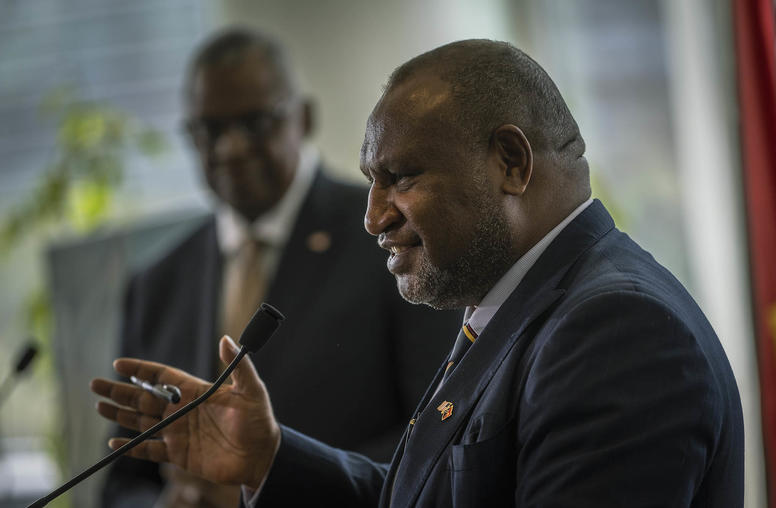Question And Answer
Publications
Articles, publications, books, tools and multimedia features from the U.S. Institute of Peace provide the latest news, analysis, research findings, practitioner guides and reports, all related to the conflict zones and issues that are at the center of the Institute’s work to prevent and reduce violent conflict.

Youth-Centered Peacebuilding Framework
The Youth-Centered Peacebuilding Framework is a functional guide that proposes an actionable approach for the centering of youth in peacebuilding interventions. The guide operationalizes the concept of youth participation, starting from core principles and moving to practical guidance and specific action steps for meaningful youth engagement at different stages of a peacebuilding project.

Senior Study Group on Counterterrorism in Afghanistan and Pakistan: Final Report
When announcing the US withdrawal from Afghanistan in April 2021, President Joe Biden identified counterterrorism in Afghanistan and Pakistan as an enduring and critical US national security interest. This priority became even more pronounced after the Taliban’s return to power in August 2021, the discovery of al-Qaeda’s leader Ayman al-Zawahiri in Kabul less than a year later, and the increasing threat of the Islamic State of Khorasan (ISIS-K) from Afghanistan. However, owing to the escalating pressures of strategic competition with China and Russia, counterterrorism has significantly dropped in importance in the policy agenda.

For the Marshall Islands, Nuclear Remembrance Day Is a Painful Reminder
Between 1946 and 1958, the United States detonated 67 nuclear and thermonuclear weapons in the Marshall Islands, a legacy that is commemorated today on the 70th anniversary of the Castle Bravo hydrogen bomb test. This nuclear legacy still reverberates in the Marshall Islands today, straining its relationship with Washington and creating a fissure that Beijing is exploiting as it seeks to increase its regional influence.

Jason Tower on the Dangerous Proliferation of Scam Compounds in Southeast Asia
Chinese crime syndicates have set up sophisticated online scamming operations throughout Southeast Asia that rake in an estimated $64 billion a year. Relying on forced labor, the scam compounds “look almost like penal colonies,” says USIP’s Jason Tower, adding: “This is happening on an industrial scale.”

Why the Pacific Islands Is Seeing a Rise in ‘Defense Diplomacy’
As strategic rivalry between China and the United States has intensified in recent years, the Pacific Island region has become a key arena for this geopolitical competition. Pacific Island countries are receiving more bilateral visits, new diplomatic missions, increased media attention and offers of development and security assistance from a greater number of states outside the region than ever before.

Riots in Papua New Guinea Are a Warning: Urgent Change is Needed
Riots erupted in Papua New Guinea's capital yesterday, laying bare the hollowness of governance that is failing to meet public needs, thus risking deeper violence and instability. U.S attention to the Pacific Islands' largest and most populous nation is increasing, partly because it is an arena for geopolitical competition with China. While Papua New Guinea's leaders are good at rolling out the red carpet for visiting partners, the state fails lamentably in providing basic services for its people. This week’s violence is a wake-up call for U.S and international policymakers to re-focus on this root of the country’s instability.

Traumatic Decarbonization in Fragile States
The process of decarbonization—that is, the replacement of fossil fuels with non-hydrocarbon-based forms of energy—is essential for meeting the climate goals articulated by international agreements. But in fragile, oil-dependent nations, where hydrocarbon revenues are often a key means of political control, decarbonization can spell the difference between peace and conflict. This report examines the consequences of the sudden loss of oil revenues for fragile, conflict-affected states and provides recommendations for policymakers on how to manage future decarbonization peacefully.

At the Sahel’s Center, Tension Rises Over Chad’s Disputed Election
A disputed presidential election in Chad last week is making few global headlines, but poses new risks to African and international efforts to reverse the Sahel region’s spreading instability, conflict and human displacement. Chad is centered in the world’s largest belt of military rule: six nations across Africa that have suffered armed coups since 2020. Among them, Chad is the first to hold elections to restore civilian rule. But a string of setbacks to a fully credible vote has yielded a contested result that risks further domestic conflict and a narrowing of popular legitimacy for the next government, led by the incumbent transitional president, Mahamat Idriss Deby.

In Europe, Xi Looks to Boost Ties — and Sow Divisions
Chinese leader Xi Jinping last week made his first trip to the European continent in five years, visiting France, Hungary and Serbia. In Paris, Xi faced tough questions over trade and China’s support for Russia and its war in Ukraine, but met a much friendlier reception in Budapest and Belgrade, both of which view China as a key economic and political partner. Still, the visit demonstrated the obstacles Beijing faces in fostering deeper ties across Europe, where resentment is simmering over China’s moral and materiel aid to Russia and what Europe views as unfair trade practices.

China’s Edge in the Pacific Islands: Xi Jinping Makes Time for Leaders
If the U.S. government wants an edge over China in the Pacific Islands, it needs to facilitate more meetings between the president of the United States and regional leaders, preferably one-on-one. When Pacific Island leaders fly to Beijing, they often have a one-on-one meeting with Chinese President Xi Jinping, but such a meeting between the leader of a Pacific Island country and a sitting president of the United States has never taken place. The White House has only conducted joint meetings with Pacific Island leaders. Sometimes even joint meetings don’t make the cut.